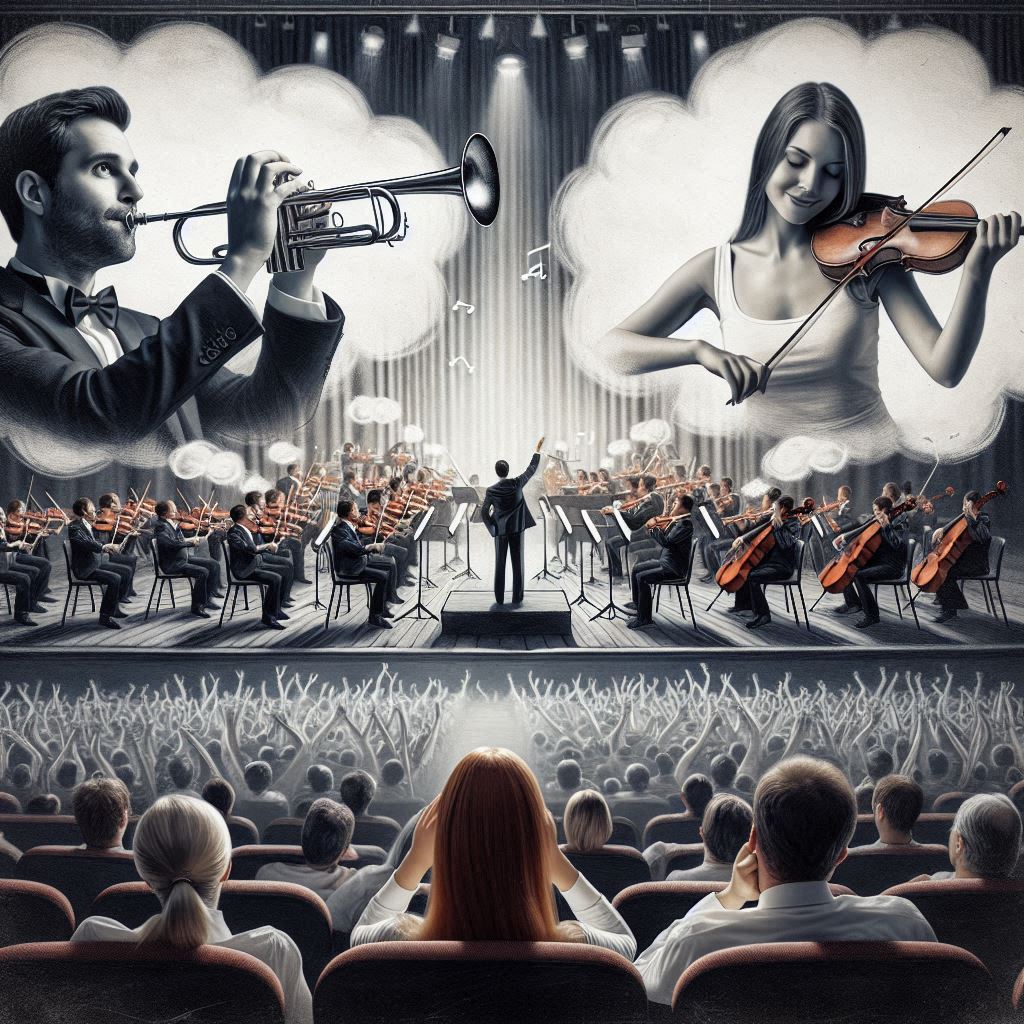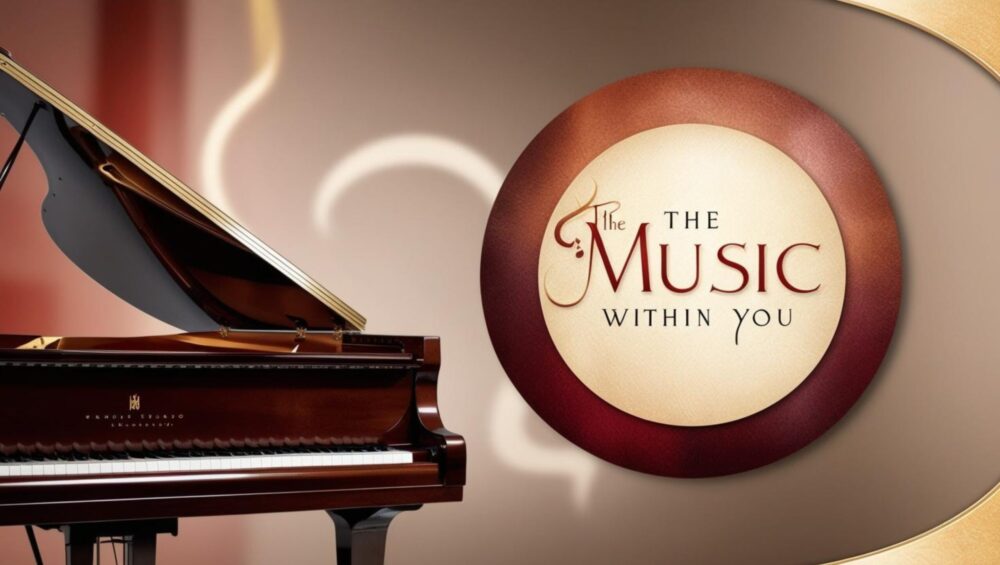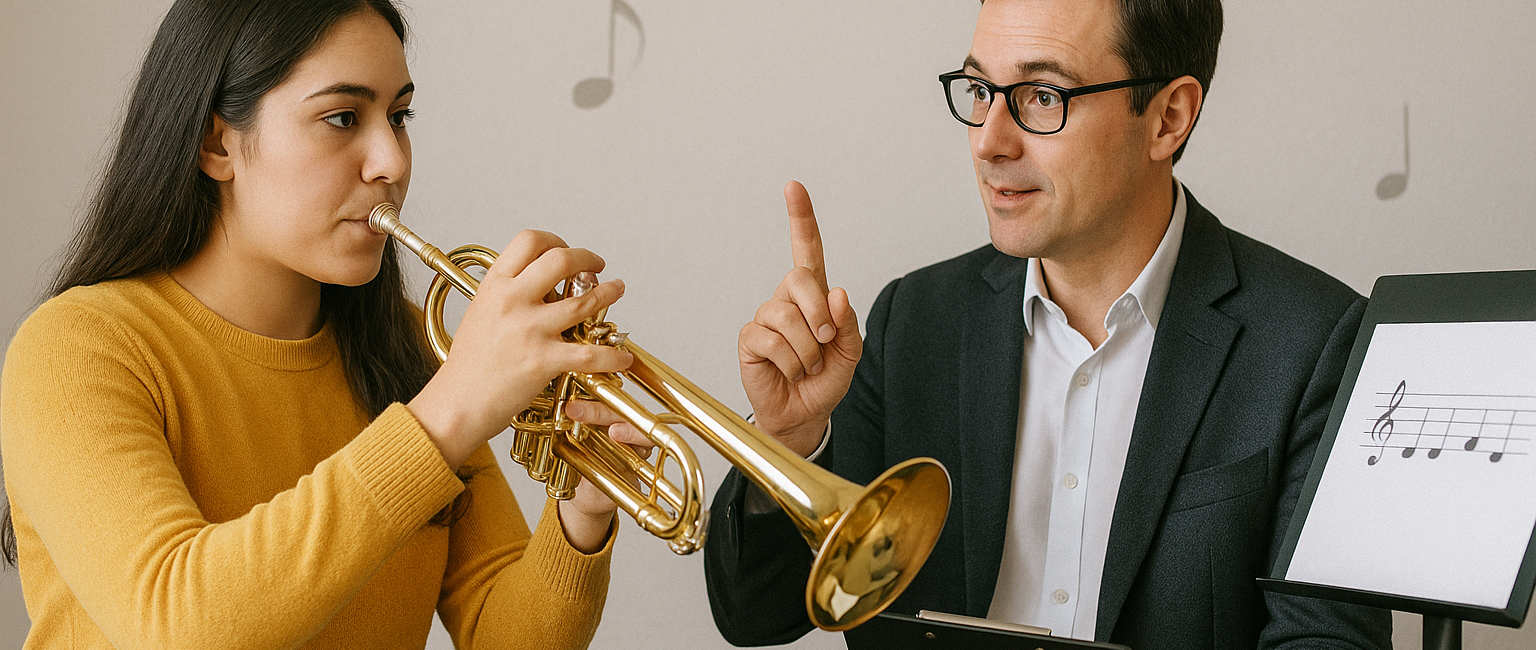Ever wonder how top musicians hit the right notes every time? It’s a mix of talent, sure, but observation plays a major role in their skill set. Listening to pros isn’t just about enjoying their music. Each note, each rhythm is a lesson. Start by paying attention to nuances. Notice the shifts in tempo or the subtle changes in dynamics. This can teach you a lot about expression and timing.
To get the most out of listening, try mimicking the habits of renowned musicians. You’d be surprised by how much your style can evolve by integrating a little bit of someone else’s magic. Feel the joy of perfecting a complex riff or grasping that elusive jazz rhythm. It’s these small victories that build confidence.
Ever caught yourself in a genre rabbit hole? That’s a good thing! Unique playlists from different genres help your ears catch varied styles and techniques. If you’ve ever wondered how to seamlessly switch from classical to rock, this is it. Listen across genres to develop versatility in your playing.
Let’s talk structure and composition. Listening to professionals exposes you to an array of techniques waiting to be explored. You’ll start seeing patterns in how they build intensity or convey emotions. It’s about understanding the ‘why’ behind their choices, giving you a toolkit to apply to your creations.
Tune into Mastery: Why Analyzing Musical Techniques Can Accelerate Your Skills
Breaking down complex rhythms and phrases might feel like deciphering a musical enigma, but it’s a game-changer. Go step-by-step, focusing on small sections at a time. This way, you’re not just hearing the music — you understand how it’s constructed.
Noticing those signature techniques professionals use is like finding a key to a treasure chest. Whether it’s Eddie Van Halen’s finger-tapping or Yo-Yo Ma’s expressive bowing, these signature moves can redefine your approach to music. Try incorporating them into your practice routine, making them feel like second nature.

Using deliberate listening is like mental practice. Visualizing yourself playing along helps reinforce these skills even when you’re away from your instrument. Close listening can reveal insights that active playing sometimes hides.
Diving into the realm of mindful listening sharpens aural skills and pitch recognition. Active engagement with the music — asking what you’re hearing, why it matters — enhances your understanding of melody and harmony. It’s about tuning your mind, as much as your instrument, to be receptive to new ideas.
Learning Creatively: The Role of Intuition and Imagination in Listening to the Pros
Picking up your instrument after being inspired by a professional performance can be a liberating experience. Drawing on the interpretations of skilled musicians encourages you to embrace creative freedom. Rather than copying them note for note, use their interpretations as a starting point for your improvisation, allowing your intuition to guide your play.
Professional performances can be emotionally charged, with musicians pouring their heart into every piece. Tap into this emotional depth by connecting with how they convey feelings through their music. It’s not just about playing the right notes; it’s about telling a story, one that resonates with both you and your audience.
Improvisation might feel daunting at first, but listening to pros can provide a wealth of insights. Notice how they handle unexpected changes or bring fresh elements into traditional pieces. This can inspire your own improvisational ventures, encouraging you to take risks and trust your musical instincts.
Broadening your musical palette means exposing yourself to a plethora of styles and interpretations. Build on your creativity by exploring different influences, be it cultural or genre-based. It’s about merging these discoveries into your unique sound, expanding not just your skill set but also your horizons.
Connecting with the Core: The Importance of Understanding the Story Behind the Music
Music doesn’t exist in a vacuum, and each piece has a backstory waiting to be explored. Learning the historical context and personal stories of successful musicians can deepen your appreciation for their work. Understanding what inspired them or the challenges they faced can invigorate your own practice with a fresh perspective.
Cultural influences come through loud and clear in music, adding rich layers of meaning and emotion. Being aware of these influences helps you appreciate the diversity of musical expression. Digging into the cultural or thematic elements of songs allows you to better understand and convey the messages within your own performances.
It’s not just about technique; it’s about connection. Music can be a powerful bridge between performer and audience when it’s relatable. Embracing emotional relatability in your interpretations can enhance your performances, making them more impactful and memorable for listeners.
Diverse musical styles offer exciting avenues for expression. Engaging with a variety of music can build both emotional and intellectual connections, enriching your understanding and keeping your approach fresh. By experiencing and analyzing diverse styles, you’ll build a more comprehensive and versatile musical identity.





